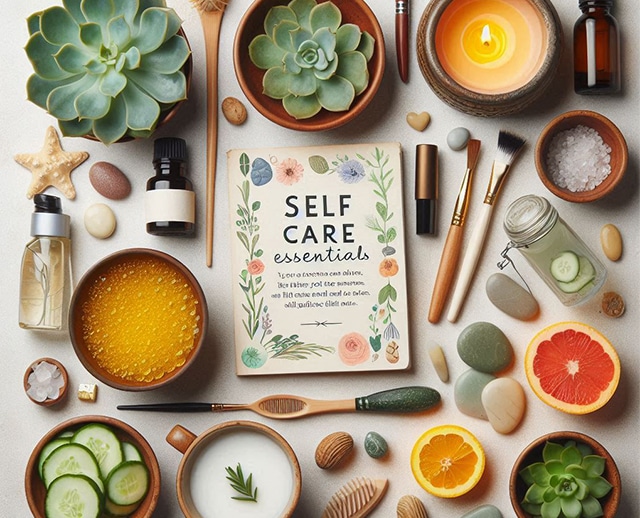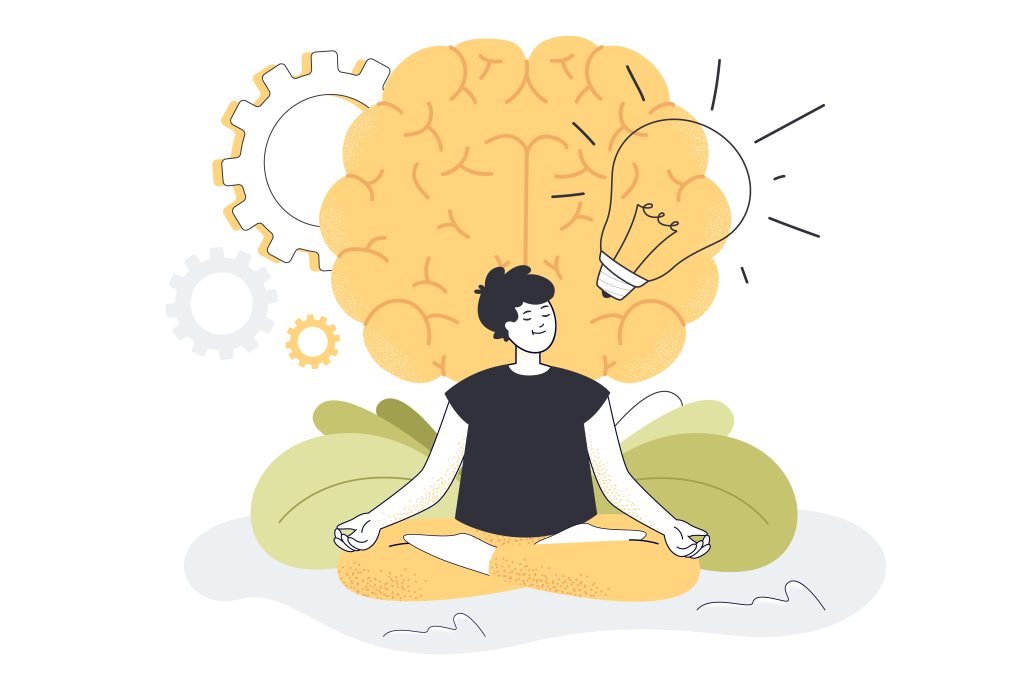Self-Care Essentials for a Balanced Life
Self-Care Essentials for a Balanced Life
In today’s world, prioritizing self-care is essential for maintaining both mental and physical well-being. With countless responsibilities and constant demands on our time, it’s easy to overlook our own needs. However, understanding and implementing self-care essentials can significantly enhance your quality of life, reduce stress, and improve your overall happiness.
What Are Self-Care Essentials?
Self-care essentials refer to the fundamental practices and habits that nourish your mind, body, and spirit. These essentials are simple yet powerful, enabling you to take charge of your well-being. By integrating these habits into your daily routine, you can create a balanced lifestyle that promotes long-term health and happiness.
1. Prioritize Sleep
One of the most crucial self-care essentials is ensuring you get enough restful sleep. Quality sleep plays a vital role in overall health, helping your body recover and rejuvenate. Studies show that lack of sleep can lead to a variety of health issues, including weakened immune function, increased stress levels, and impaired cognitive abilities. Aim for 7-9 hours of sleep each night.
Tips for Better Sleep:
- Create a calming bedtime routine: Engage in relaxing activities like reading or taking a warm bath.
- Limit screen time: Avoid screens an hour before bed to reduce blue light exposure, which can interfere with melatonin production.
- Optimize your sleep environment: Keep your bedroom dark, cool, and quiet to promote restful sleep.
2. Nourish Your Body
Eating a balanced diet is essential for physical health and mental clarity. The food you consume affects your mood, energy levels, and overall well-being. Focus on consuming whole foods, such as fruits, vegetables, whole grains, and lean proteins. Staying hydrated is equally important; aim for at least 8 glasses of water daily to keep your body functioning optimally.
Healthy Eating Tips:
- Plan your meals: Preparing meals at home allows you to control ingredients and make healthier choices.
- Incorporate variety: Aim to include a wide range of foods to ensure you receive all necessary nutrients.
- Listen to your body: Pay attention to hunger cues and eat mindfully, focusing on the taste and texture of your food.
3. Move Your Body
Regular physical activity is a cornerstone of self-care essentials. Exercise releases endorphins, which can enhance your mood and reduce stress. Finding an activity you enjoy is key to maintaining a consistent exercise routine. Whether it’s walking, yoga, dancing, or weightlifting, moving your body can significantly impact your physical and mental health.
Exercise Suggestions:
- Aim for at least 30 minutes of moderate activity: This can be broken down into smaller segments throughout the day.
- Try different activities: Experiment with various forms of exercise to find what you love—consider group classes for motivation and social interaction.
- Incorporate strength training: Building muscle is important for metabolism and overall health, so include resistance exercises in your routine at least twice a week.
4. Practice Mindfulness
Mindfulness helps you stay present and focused, which is crucial for mental health. Engaging in mindfulness practices can reduce anxiety, improve emotional regulation, and foster a greater sense of peace. Simple practices like meditation, deep breathing, or journaling can significantly reduce stress and improve your overall outlook on life.
Mindfulness Techniques:
- Spend a few minutes each day meditating: Focus on your breath or use guided meditations to help clear your mind.
- Practice gratitude: Take a moment each day to reflect on things you’re thankful for, fostering a positive mindset.
- Use grounding techniques: When feeling overwhelmed, pause to take deep breaths, grounding yourself in the present moment.
5. Set Boundaries
One of the most empowering self-care essentials is learning to say no. Setting healthy boundaries is essential for protecting your time and energy. By prioritizing your needs, you create space for self-care and reduce stress. Establishing clear boundaries can help you maintain focus on what truly matters and prevent burnout.
Boundary Setting Tips:
- Communicate your limits: Be clear and assertive when discussing your availability and what you can commit to.
- Don’t feel guilty for prioritizing yourself: Recognize that your well-being is essential, and saying no allows you to be more present for others when needed.
- Reassess commitments regularly: Take time to evaluate how you’re spending your time and make adjustments to ensure your priorities align with your values.
6. Engage in Hobbies
Finding time for hobbies and activities you love is an essential part of self-care. Engaging in creative or enjoyable activities boosts your mood and helps you recharge. Dedicating time to pursue your interests allows for personal growth and relaxation, providing a necessary break from daily stresses.
Hobby Ideas:
- Start a new project: Explore painting, crafting, gardening, or playing a musical instrument.
- Join a club or group: Participating in community events or group activities can foster social connections and enhance your well-being.
- Dedicate time weekly to your favorite pastime: Set aside a specific time each week to engage in activities that bring you joy, whether it’s baking, hiking, or reading.
7. Connect with Loved Ones
Social connections are vital for emotional health. Spending time with friends and family can uplift your spirits and provide support during challenging times. Make it a priority to nurture these relationships, as positive social interactions can enhance your overall quality of life.

- Schedule regular catch-ups: Plan meet-ups, phone calls, or virtual hangouts to maintain connections with loved ones.
- Participate in community events: Look for local gatherings or activities to meet new people and engage with your community.
- Offer support to others: Building reciprocal relationships can create a strong support network that benefits everyone involved.
8. Take Breaks and Rest When Needed
In a culture that often glorifies hustle and productivity, taking breaks might seem counterproductive. However, regular breaks and downtime are essential for maintaining your energy and preventing burnout. Listening to your body and recognizing when you need to rest is crucial for sustaining long-term productivity and well-being.
Self-Care Break Ideas:
- Step away from work: Take short breaks every hour to stretch, walk, or simply relax your mind.
- Plan a day off: Schedule time to unwind and recharge, allowing yourself to fully disconnect from work responsibilities.
- Practice self-reflection: Use breaks to assess how you’re feeling and what you might need to improve your overall well-being.
Incorporating self-care essentials into your daily routine doesn’t have to be overwhelming. Start with small, manageable changes and gradually build on them. By prioritizing sleep, nourishing your body, staying active, practicing mindfulness, setting boundaries, engaging in hobbies, and connecting with loved ones, you’ll cultivate a balanced life that enhances your overall well-being.
Remember, self-care is not selfish; it’s a necessary practice for living a fulfilling life. By making self-care a priority, you invest in yourself, ensuring that you have the energy and resilience to face life’s challenges. Start today and embrace the power of self-care essentials for a happier, healthier you.
Share this content:














Post Comment